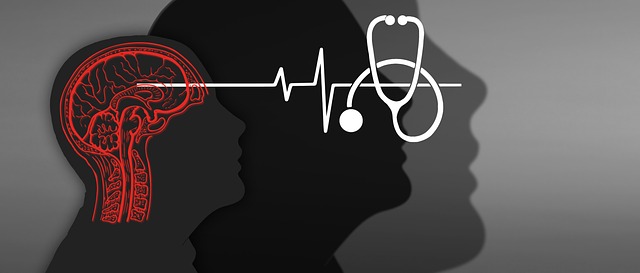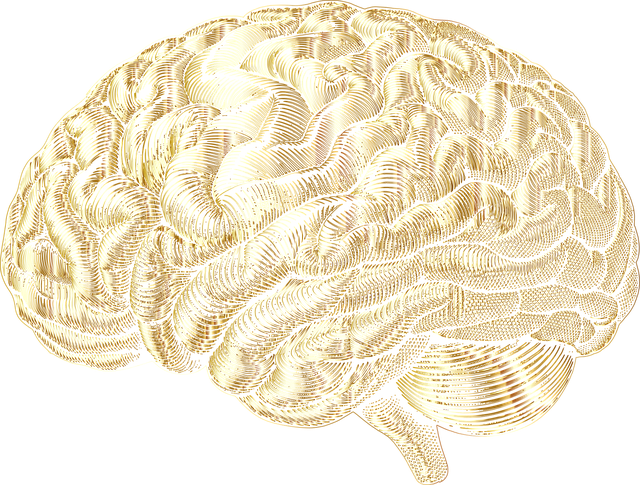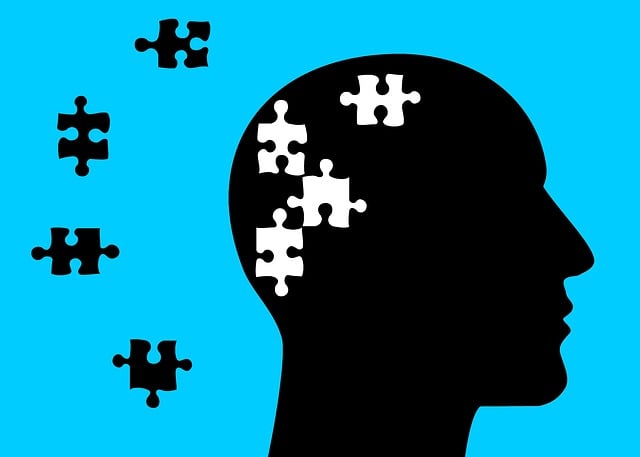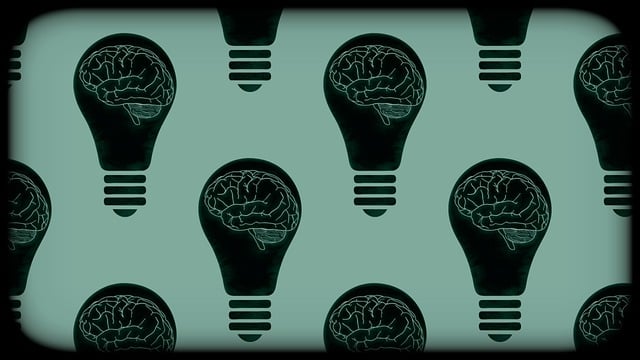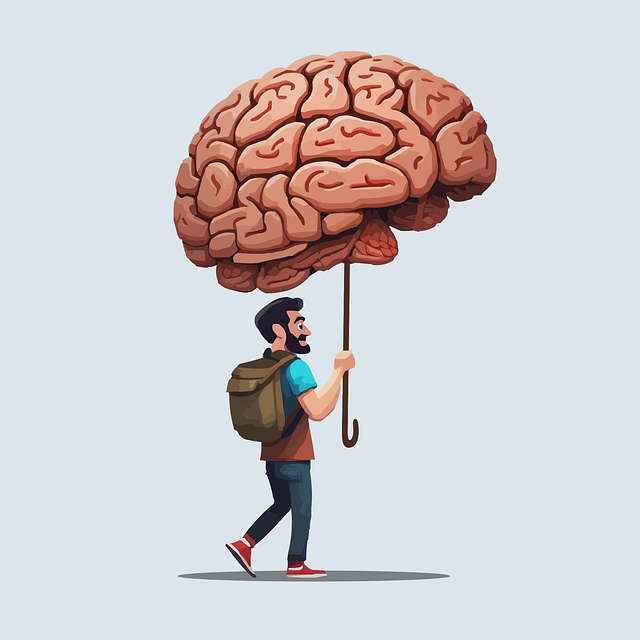Cultural competency in healthcare is vital for improving patient outcomes, especially for conditions like ADHD. It involves understanding diverse cultural backgrounds to deliver tailored therapy, reduce stigma, and enhance communication. Immersive training programs using workshops, role-playing, and case studies equip healthcare providers with the skills to provide superior ADD-ADHD therapy, fostering empathy and an inclusive environment. Organizations should prioritize these training sessions, set clear goals, conduct regular assessments, and incorporate feedback for continuous improvement in patient care and satisfaction, ultimately enhancing ADHD treatment outcomes.
Cultural competency is an essential aspect of modern healthcare, especially when addressing complex conditions like Attention Deficit Disorder with Hyperactivity (ADD-ADHD). This article explores how healthcare provider training can enhance cultural sensitivity and improve patient outcomes, particularly in ADD-ADHD therapy. We discuss strategies for designing effective programs, focusing on understanding diverse cultural perspectives to provide superior care. By implementing these approaches, healthcare organizations can foster a more inclusive environment, leading to better engagement and treatment results.
- Understanding Cultural Competency in Healthcare: Why It Matters for ADD-ADHD Therapy
- Designing Effective Training Programs to Enhance Cultural Sensitivity
- Implementation Strategies for Continuous Improvement in Healthcare Organizations
Understanding Cultural Competency in Healthcare: Why It Matters for ADD-ADHD Therapy

Cultural competency in healthcare is an essential aspect that significantly impacts patient outcomes, especially when treating conditions like Attention-Deficit/Hyperactivity Disorder (ADHD). Understanding and respecting diverse cultural backgrounds, beliefs, and values are crucial steps towards delivering superior ADD-ADHD therapy. Many individuals from different ethnic and cultural groups may approach health and wellness differently, influenced by their unique societal norms and traditions.
In the context of ADHD treatment, cultural competency allows healthcare providers to adapt their strategies for emotional healing processes and conflict resolution techniques. By considering cultural factors, therapists can create a more inclusive environment, fostering better patient-therapist relationships. This approach not only enhances the effectiveness of therapy but also encourages open communication. Moreover, public awareness campaigns development that incorporate cultural sensitivity can help reduce stigma and promote understanding, ensuring individuals from all backgrounds receive the support and care they need for their ADHD management.
Designing Effective Training Programs to Enhance Cultural Sensitivity

Effective cultural competency training programs are instrumental in fostering an inclusive healthcare environment. These initiatives should go beyond surface-level awareness and delve into immersive experiences that simulate real-world scenarios. By incorporating interactive workshops, role-playing exercises, and case studies representing diverse patient populations, trainers can facilitate deeper learning. For instance, training sessions could showcase the nuances of ADD-ADHD therapy within various cultural contexts, ensuring practitioners are equipped to provide superior care without bias.
Moreover, integrating crisis intervention guidance and emotional healing processes into the curriculum equips healthcare providers with tools to navigate sensitive situations. Compassion cultivation practices can further enhance these interactions by fostering empathy and understanding. Ultimately, well-rounded training programs not only improve patient outcomes but also contribute to a more harmonious and respectful healthcare setting.
Implementation Strategies for Continuous Improvement in Healthcare Organizations

In healthcare organizations, continuous improvement is a cornerstone of quality patient care and satisfaction. Implementing cultural competency training should be a multifaceted process that involves every level of the organization. Start by establishing clear goals and objectives for the program, aligning them with the organization’s mission and vision. This ensures a focused approach where everyone understands their role in fostering an inclusive environment. Regularly conduct needs assessments to gauge the current cultural competence levels within the staff and identify areas for improvement, including specific challenges related to ADD-ADHD Therapy.
Effective implementation strategies include integrating training into regular employee schedules, utilizing interactive workshops, and incorporating emotional healing processes and coping skills development as part of the curriculum. Stress Management Workshops Organization can play a pivotal role in facilitating these sessions, ensuring they are engaging and impactful. Additionally, encourage feedback from participants to continually refine and improve the training programs, fostering a culture of continuous learning and adaptation.
Cultural competency training is a game-changer in healthcare, especially for providing superior ADD-ADHD therapy. By designing effective programs and implementing continuous improvement strategies, healthcare organizations can enhance cultural sensitivity, ensuring tailored and accessible care for diverse patients. This approach not only improves patient outcomes but also fosters an inclusive environment, where every individual receives respectful and competent treatment. Investing in cultural competency is a crucial step towards revolutionizing healthcare delivery and achieving better mental health outcomes.


